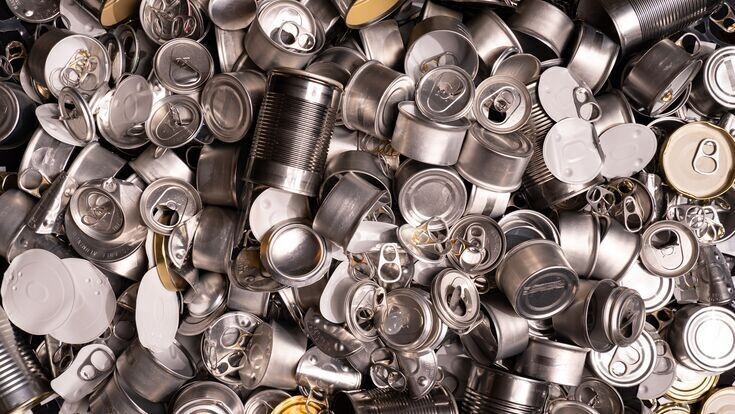您想继续阅读英文文章还
是切换到中文?
是切换到中文?

THINK ALUMINIUM THINK AL CIRCLE

In a huge crackdown on illegal waste processing, the Malaysian government has raided an unlicensed e-waste factory in the Bukit Rambai industrial estate, confiscating about 300 tonnes of aluminium ingots worth an estimated RM2.1 million (USD 445,000). The raid spotlights an emerging and lethal trend whereby toxic electronic waste is imported illegally to be processed for precious metals.

Details of the raid
The raid on July 15 was the culmination of a multi-agency operation between the Royal Malaysia Police, the Department of Environment, and the Inland Revenue Board after a week-long surveillance. Within the unlicensed plant, authorities found stacks of aluminium ingots on pallets, smelted from an enormous collection of waste electronics.
It might have been destined for China, where regulation changes have created high illicit demand. Melaka police chief Datuk Dzulkhairi Mukhtar said, "This factory is believed to have been involved in dismantling and melting electronic components to produce aluminium ingots."
The authorities also discovered unprocessed raw materials such as remote controls, circuit boards, and CCTV cameras waiting to be processed. During the raid, 25 foreign workers from China, Bangladesh, and Myanmar were arrested for questioning. Attempts are ongoing to find the owner of the factory.
Unseen realities behind the global recycling trade
This event brings into the limelight the dark underbelly of the international recycling business. E-waste, with precious metals such as copper, gold, and aluminium, also has harmful chemicals such as lead, mercury, and cadmium. Developed countries have stringent regulations to deal with this waste.
Therefore, a black market has been created where this e-waste is smuggled out to countries with lesser enforcement. Syndicates there use environmentally destructive processes such as burning and acid baths to recover the valuable metals.
This raid is just one of a number of recent crackdowns in Malaysia, which indicates the government's growing fight against the risky and illicit global e-waste trade.
Responses








